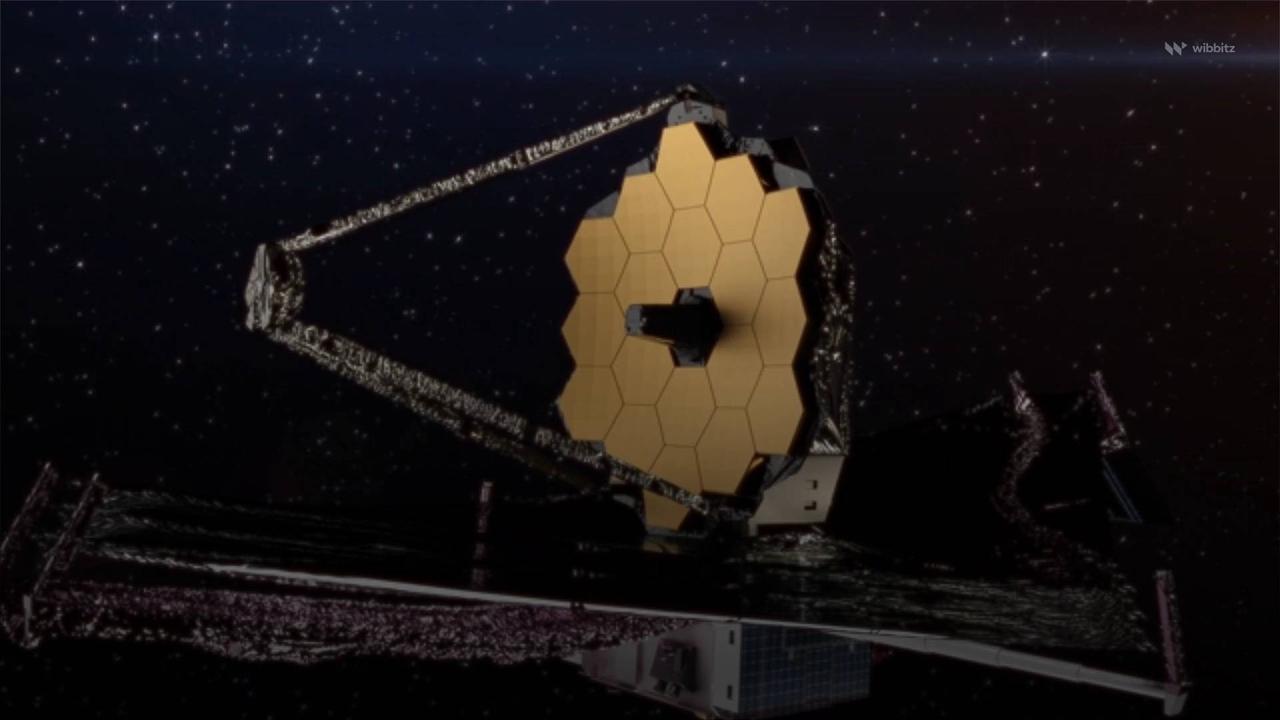
Scientists Discover the Oldest , Black Hole , Ever Observed.
In 2016, the Hubble Space Telescope spotted GN-z11, the most distant galaxy ever identified, having formed 13.4 billion years ago, just 400 million years after the Big Bang.
However, GN-z11 presented astronomers with a puzzling problem, as the galaxy appeared to be much brighter, or densely packed with stars, than it should have been.
.
NPR reports that a team of scientists, using the powerful James Webb Space Telescope, believe they may have solved the mystery of the ancient galaxy.
.
NPR reports that a team of scientists, using the powerful James Webb Space Telescope, believe they may have solved the mystery of the ancient galaxy.
.
Roberto Maiolino, an astrophysicist at the University of Cambridge, and his colleagues believe that a massive black hole is responsible for the anomaly.
.
While the black hole itself, which is about 1.6 million times the mass of our Sun, is unable to emit any light.
Maiolino and his team suggest that all the material being drawn into the black hole may be hot and bright enough to create GN-z11's intense radiance.
This black hole is essentially eating the [equivalent of] an entire Sun every five years.
It's actually much higher than we thought could be feasible for these black holes, Roberto Maiolino, astrophysicist at the University of Cambridge, via NPR.
According to Maiolino, the existence of this ancient black hole calls into question the origin of black holes and the processes by which they feed and grow.
The team believes that supermassive black holes may have been generated by the collapse of huge clouds of primordial gas in the aftermath of the Big Bang.
Another alternative explanation could be that a sea of smaller black holes merged and consumed a vast amount of matter that spurred unexpectedly quick growth.
.
The team also believes that this black hole has stunted the growth of GN-z11, impeding star formation and ultimately strangling the galaxy.
